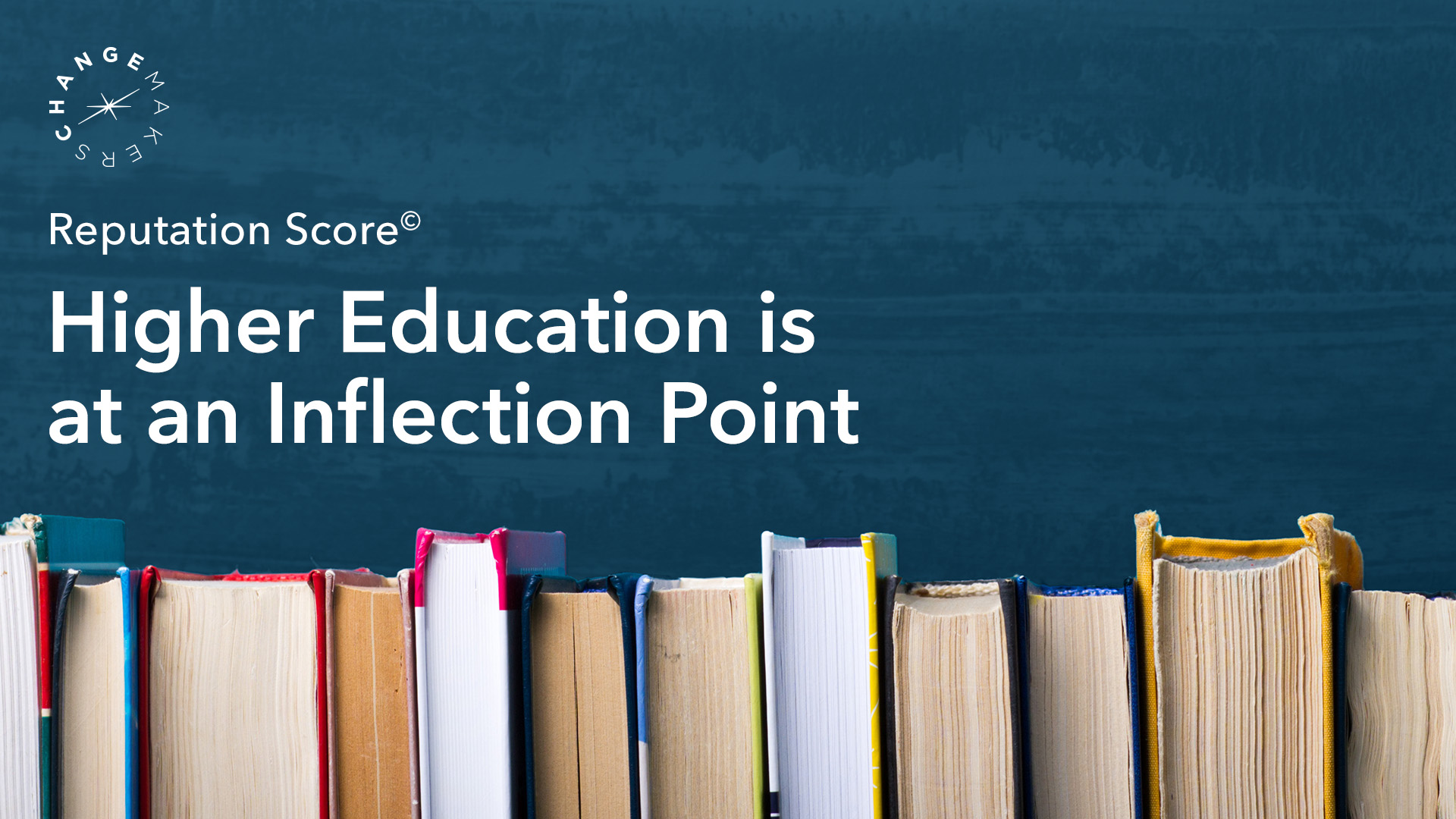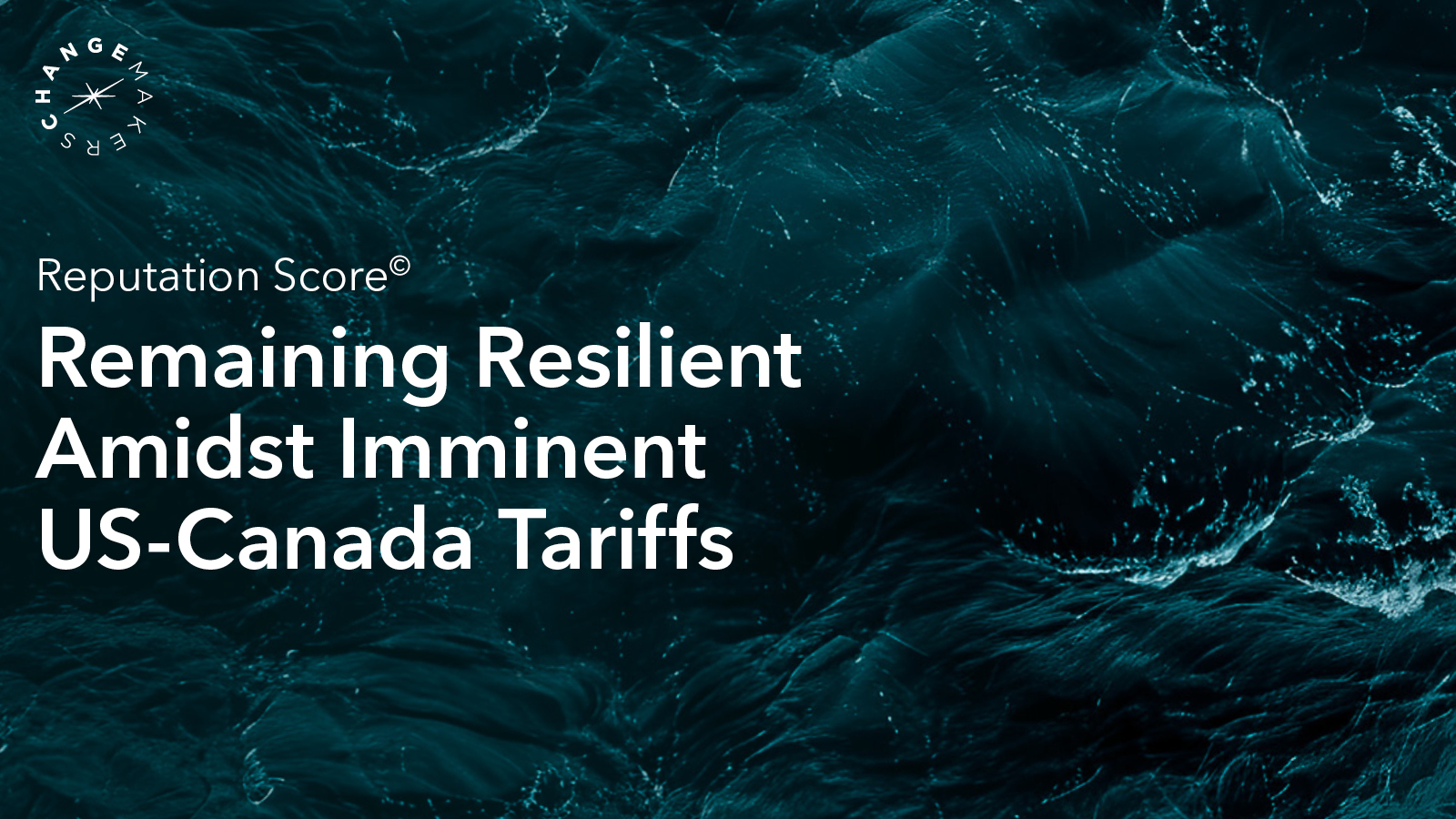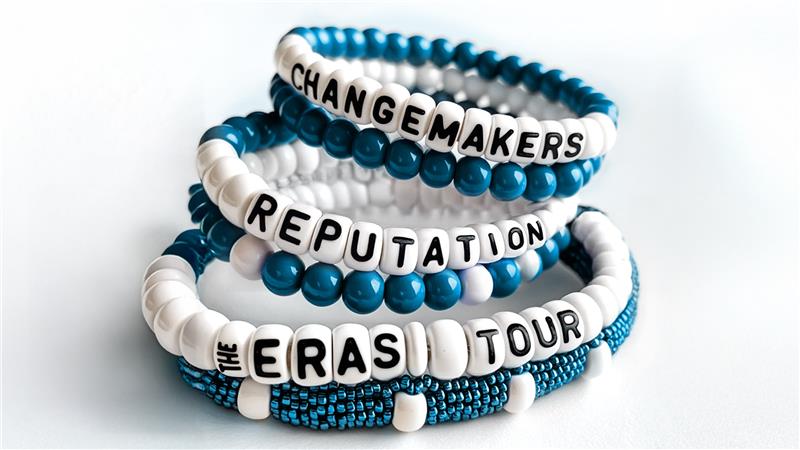Managing Reputation Score© with Higher Education

As enrollment season concludes, colleges and universities are getting clarity on whether they met matriculation goals for their incoming class. While individual enrollment decisions are deeply personal for each student, combined they offer one of many measures of success for the institution: did we meet our targets?
This year, the season feels especially tumultuous as students, families, faculties and staff watch the higher-ed sector grapple with an evolving landscape and growing list of challenges. From the pressures of a complex financial landscape and a looming enrollment cliff to the increasing politicization of education and threats of federal and state funding cuts, colleges and universities across North America face significant volatility and a resulting crisis of confidence about their future.
More than ever, reputation is the make-or-break factor influencing decision-making for both students and parents. It is the proxy for perceived quality, value, and opportunity, not to mention a reflection of how cultural dynamics on campuses are impacting perceptions.
To adequately prepare and respond to the new reality that Higher Ed faces, it is critical to not only understand the threats, but to implement a reputation measurement program that simultaneously gauges the health of your reputation, and offers actionable insight based on peers who have already publicly responded to threats to funding for vital research and academic programs, as well as academic freedom.
Understanding – and influencing – the drivers of reputation
To better understand the how recent challenges are impacting institutions across the sector, our ChangeMakers Data Intelligence team applied our proprietary Reputation Score – a dynamic metric, fueled by multiple publicly available data sources and calculated by a fully proprietary. This is a multi-stakeholder, 360-degree assessment designed to complement traditional brand research — offering a broader view of perceptions that may impact the university’s overall institutional health.
While many Ivy League and leading private research universities saw a drop in their reputation since January 2025, just one in our sample set improved since election day, led by a strong response and continued authentic messaging from the school’s President.
The road ahead poses undeniable reputational risks. Here’s how to stay ahead:
- Learn the tendencies of Higher Ed “detractors” who are laser-focused on changing the sector and are influencing administration policy. Understand their tactics and how they are typically executed. There’s a known playbook – study it and prepare for when you are the target.
- Prepare for the known – and pressure test the response. Learn from peers. Be prepared to engage – with lawmakers and federal agencies, in the courtroom, on campus, through the media and everywhere in between. Affirm now what you still stand for, and if and where you are willing to make concessions that preserve the integrity of your institutional mission.
- Get data to work harder for you. Measure real-time reputational health on an ongoing basis to inform efficient decision-making processes and demonstrate the true value communications delivers for the university.
- Enact a strategy to fortify your reputation for the long-term. Preparing properly will ensure your institution is protected, while avoiding wasted energy that distracts from other important work.
Contact us for more information about how your organization stacks up against the competition.



